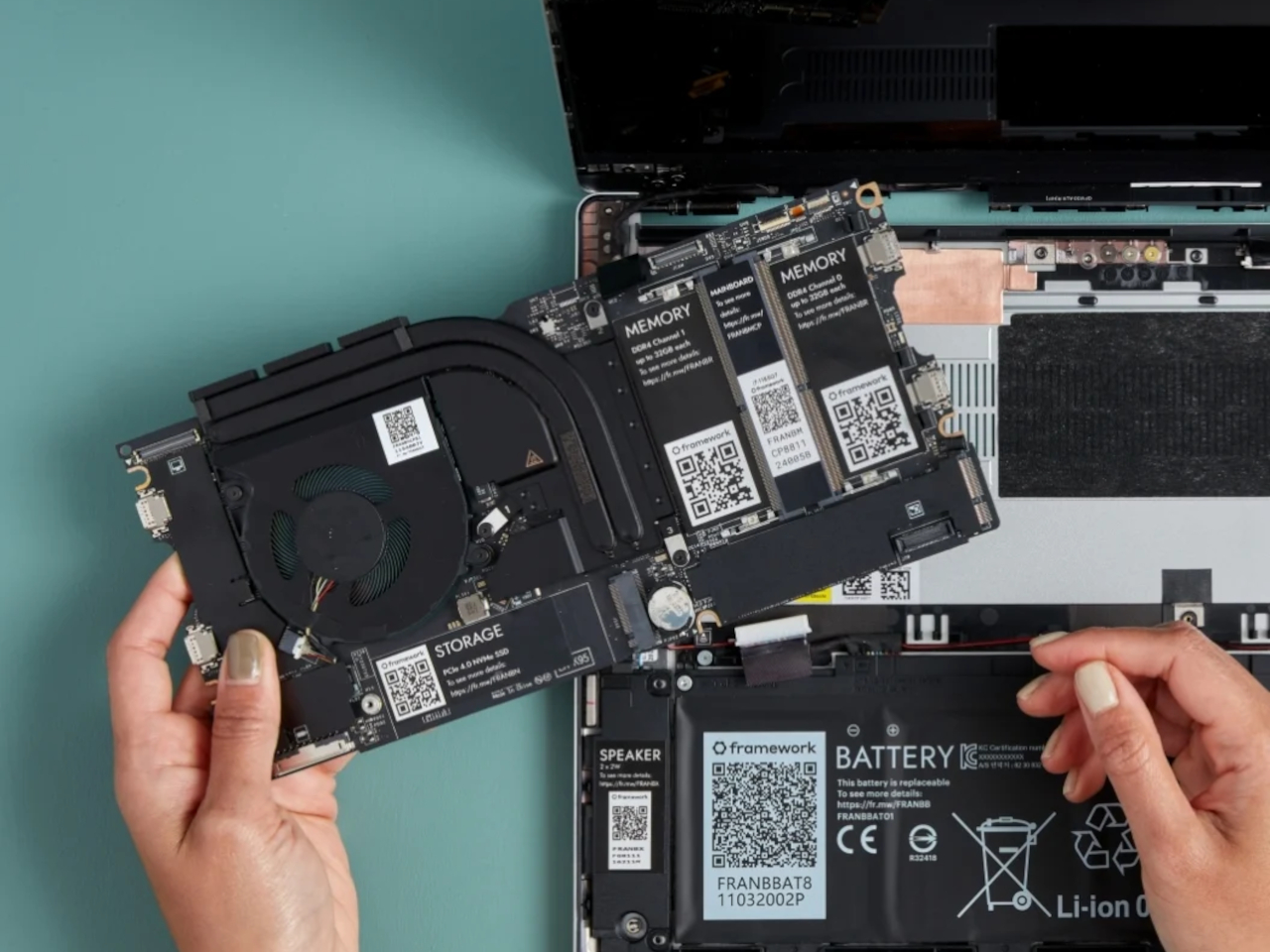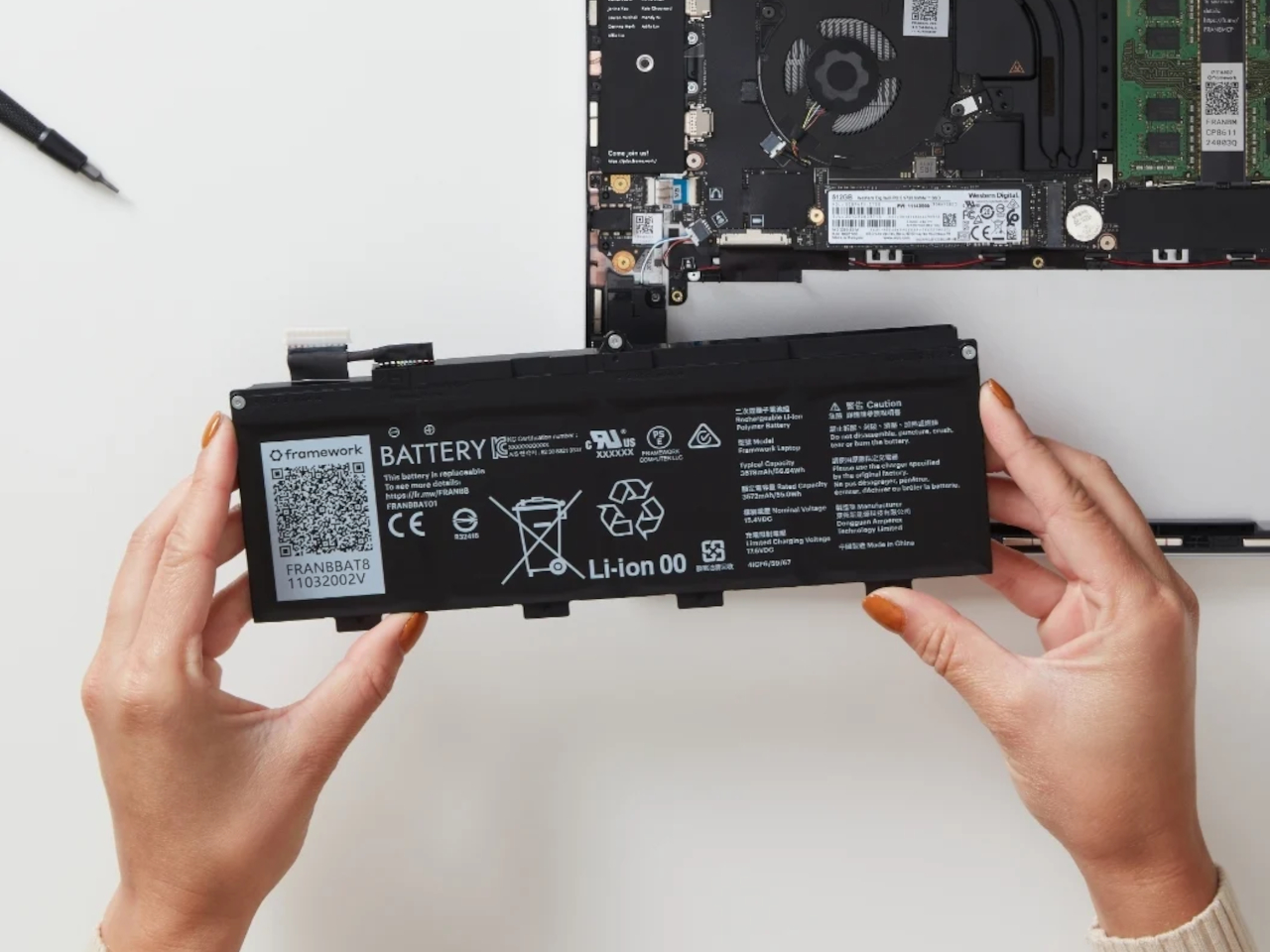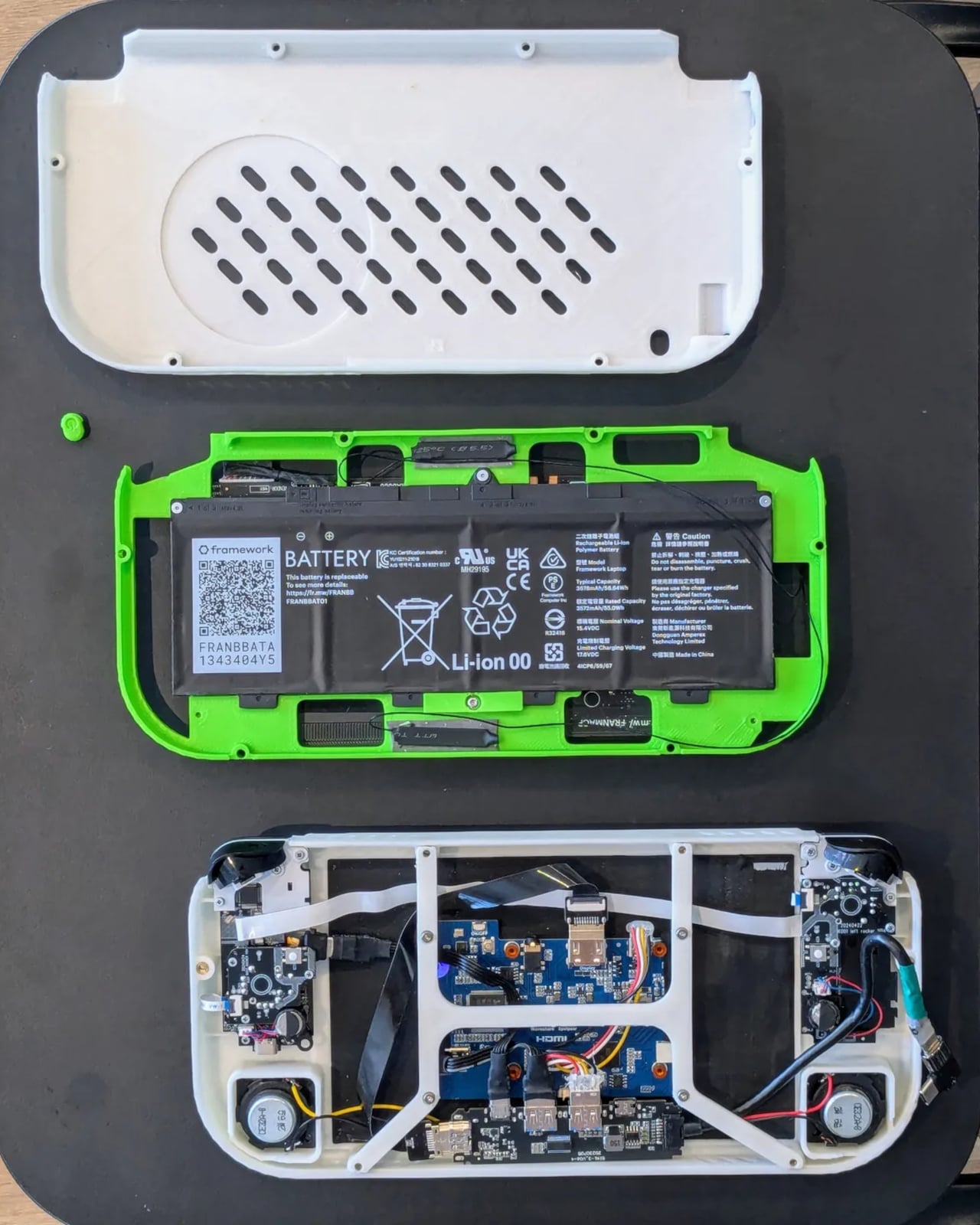The US presidential election is in its final stretch. Before election day on November 5, Engadget is looking at where the candidates, Kamala Harris and Donald Trump, stand on the most consequential tech issues of our day.
While the environment and climate change are standard fare for elections, the 2024 campaign has put a surprising amount of focus on EVs. Cars and trucks are some of the biggest contributors to global warming, spewing millions of tons of greenhouse gasses into the atmosphere every year. So it’s no shock many believe transitioning from traditional combustion engine vehicles to electric will be key to reining in climate change. Of course, an electric car is only as clean as the energy used to charge its batteries, so the Biden administration has also put a lot of effort into expanding clean-energy initiatives in the US. Kamala Harris is widely expected to continue Biden’s work promoting EV adoption and clean energy technology. While Donald Trump has, unsurprisingly, run on a promise to undo it all.
Kamala Harris
On the campaign trail, Harris hasn’t announced any new major policy initiatives regarding EVs or clean energy. Mostly her comments on the matter have been broad but seek to build on the work done by the Biden administration. Between the Infrastructure Investment and Jobs Act and the Inflation Reduction Act (IRA), the government invested hundreds of billions of dollars in charging stations, EV tax credits, EV manufacturing, wind and solar.
Earlier in her career, as a senator from California and as a candidate in 2020’s presidential primary, Harris staked out a particularly aggressive stance on EVs and clean energy and made them a core part of her political identity. She supported the Green New Deal and was a cosponsor of the Zero-Emission Vehicles Act of 2019, which would have required all passenger vehicles sold in the US to be zero emissions by 2040.
Harris has since backed off many of those stronger proposals but remains a staunch proponent of using federal resources to build out EV and clean-energy infrastructure. She was the tie-breaking vote for the IRA, which included directives to reduce carbon emissions by 40 percent by 2030 and included $370 billion for wind, solar, battery and EV production. Much of the $1.1 trillion IRA money remains unspent, but the administration has sped up efforts to use those funds ahead of the election.
That money has been used to expand charging station infrastructure, begin transitioning the USPS to electric delivery vehicles and increase the amount of electricity produced by wind and solar. Through investments and tax breaks, IRA funds have been used to encourage companies to manufacture more EVs, solar panels, batteries and related components in the US. That includes $100 million announced in May for small- and medium-sized car companies to upgrade their factories for EV production. Harris and Biden have also talked up the fact that the IRA has created 170,000 clean-energy jobs in just one year. The administration also placed stiff tariffs on EVs (100 percent) and solar cells (50 percent) imported from China.
Another key component of the legislation are consumer tax credits for the purchase of electric heat pumps, rooftop solar, batteries and EVs. The EV tax credit also comes with specific requirements regarding vehicle eligibility to encourage US manufacturing throughout the supply chain. Buyers can only claim the credit if the car was assembled in the US, has a certain percentage of battery components built in North America and a minimum amount of minerals extracted either in the United States or a country it has a free trade agreement with, or that have been recycled in North America. And each year those requirements increase, ultimately reaching 100 percent of battery components in 2029 and 80 percent of critical minerals in 2027.
Donald Trump
It might seem glib, but Trump’s policies regarding EVs and clean energy can essentially be boiled down to lifting regulations and “drill, baby, drill.” The former president has said repeatedly he would repeal almost all of the Biden administration’s rules regarding emissions, fuel standards and the environment. He also suggested he might get rid of the EV tax credit, which he tried and failed to do during his first term, claiming it unfairly influenced the market, primarily benefited the rich and increased our reliance on China. Considering the price cap on eligible vehicles and requirements regarding component and mineral sourcing, that argument seems on shaky ground. Since securing Elon Musk’s endorsement, Trump has softened some of his anti-EV rhetoric. However, he’s given no indication he’s actually reversed any of his positions.
Trump has also said he will immediately rescind new fuel efficiency and emissions standards established by the Biden administration. He has argued the efficiency requirements are simply impossible for gasoline-powered cars to meet and effectively create a mandate that 67 percent of auto sales in the US be EVs by 2032.
Trump has been even more hostile to clean-energy initiatives. Neither his platform nor the Republican Party’s official platform document mention solar energy at all. And wind energy is only mentioned on the Trump site to deride the Biden administration’s “insane wind subsidies” and generally dismiss windmills as dangerous and inefficient. The bulk of the Trump campaign’s energy policies are focused on expanding oil and natural-gas drilling and investing in nuclear power plants. But he is unlikely to try to end all the IRA’s clean energy and EV initiatives as they often lead to job creation in red states.
In general, Donald Trump is skeptical of climate change and efforts to limit humans’ impact on the environment. He has pledged to withdraw from the Paris Climate Accord (again) and called for building hundreds of new power plants, including coal, hydro and nuclear, but wind and solar farms are noticeably absent from his plan for American energy independence.
This article originally appeared on Engadget at https://www.engadget.com/transportation/evs/election-2024-what-are-the-candidates-policies-on-evs-and-clean-energy-133030889.html?src=rss















